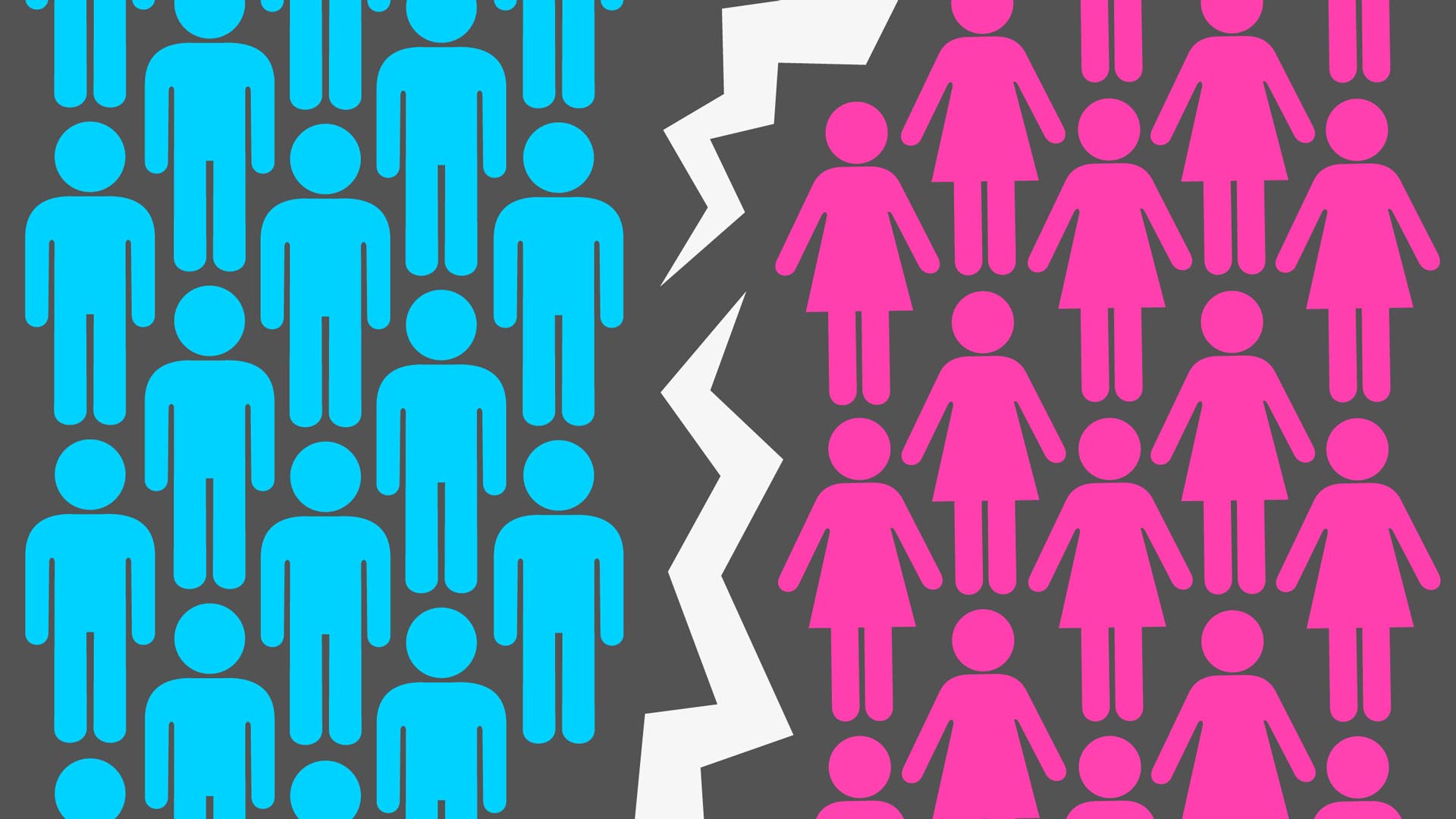A significant issue that is on the rise in the UK and around the globe, the impacts of homelessness on people’s health and wellbeing is the subject of new research by Bournemouth University.
Funded by Burdett Trust for Nursing, the research consisted of a questionnaire with 100 people who were homeless aged between 20 and 71 – 71 were men, 29 women. There were also two group discussions and individual interviews with 16 people aged between 22 and 66, consisting of 12 men and four women, who had been homeless for periods of between four weeks and 20 years.
The research identified ongoing health issues in 90 per cent of those who participated, including mental health issues (72 per cent) and addiction (69 per cent). It also highlighted significant gender differences: men were less likely to have a mental illness and less likely to have an addiction than women.
Men found it easier to access health-related services compared to women, and while access was easier for men they were less likely to use mental health and addiction services. And in terms of wider support services such as food, clothing etc, men again were more likely to know where to access help compared to women.
As The Big Issue has highlighted recently, digital poverty is a growing concern in a world where everything from healthcare and housing to financial services and benefits is now online. Bournemouth University’s research showed that 77 per cent of participants owned a mobile or smartphone, yet only 50 per cent could access the internet regularly.
Women experience many more barriers than men
Overall confidence in using the internet was generally poor, with approximately half (49 per cent) stating they had low/very low confidence, and this was lower in both older participants and in women.










